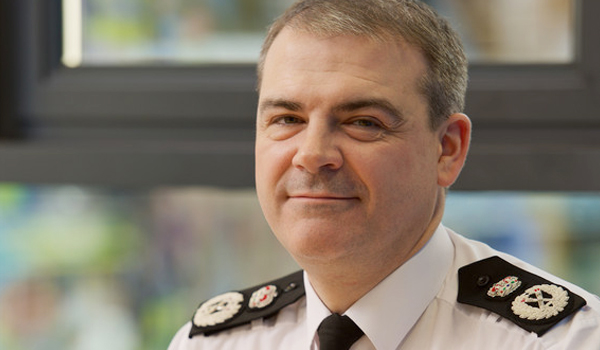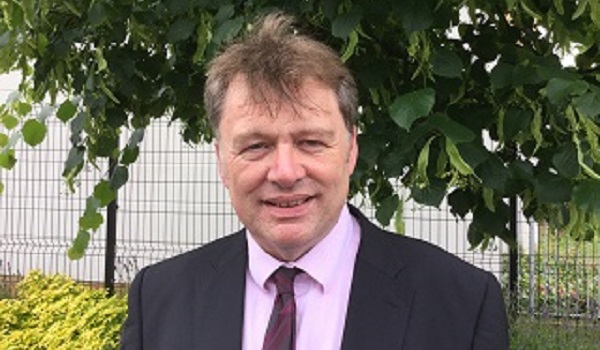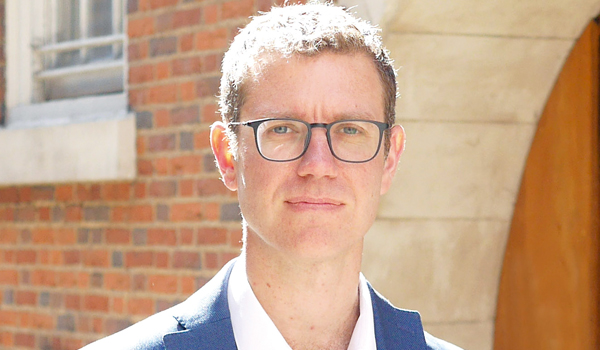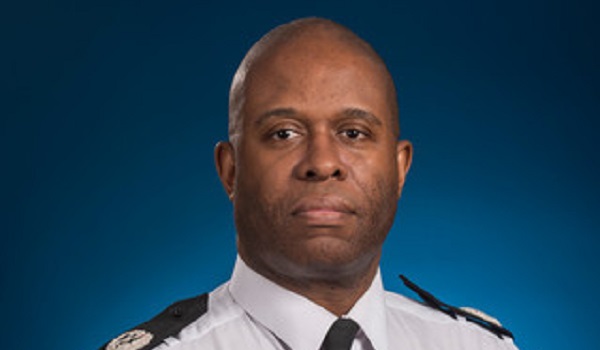'We must be relentless in demanding the best from our police'
In his latest blog post, West Midlands Police Chief Constable Sir David Thompson says policing needs to create a stronger culture that eliminates bias, discrimination and racism and misogyny from its ranks.
The last few months have been traumatic for policing in London and have damaged confidence in our service.
Let’s be clear. There are no excuses for the appalling behaviour shown in Operation Hotton at Charing Cross or the disgraceful and disrespectful attitudes shown in the grotesque treatment of Nicole Smallman and Bibaa Henry. These cases frighten us all as they show the graphic thoughts of those to whom we entrust our safety. Horrifyingly, these deplorable people appeared to find like-minded souls in a service that stands for justice and law. Cases where officers have exploited their position for sexual gain are far too frequent. The Couzens case is beyond words. Be under no illusion, we are a service horrified by the events we have seen. The public are right to be shocked.
I do however feel duty bound as chief constable to offer a perspective from within the service at this turbulent moment.
Policing must create a stronger culture that eliminates bias, discrimination and racism and misogyny from its ranks. The standards for those of us in blue must be so much higher. The badge of the crown confers extraordinary powers. Reflecting society is not acceptable, policing has to be an exemplar as we have a higher calling.
As we do this it is essential that police officers are supported and valued as we make these changes. What we ask of the police can be the very reason why the brightest recruit can morph into the most cynical of cops.
For the police trauma is an everyday feature of life. A few weeks ago, West Midlands officers gave CPR to a child who was fatally injured in a stabbing. Violence, threats, intimidation and horrifying sights are a regular feature of policing in our towns and cities. The police, unlike the military, are constantly on operations and whilst the main are spared the acute danger soldiers face they are subject to sustained trauma. The national wellbeing survey showed 65 per cent of officers have experienced trauma multiple times in the last year alone. The government’s Police Covenant is so important to ensure our health service is more responsive to the medical impact of this on policing, with high numbers of staff both diagnosed and undiagnosed with Post Traumatic Stress Disorder.
The police see the dark side of our communities. For new cops it rocks your own assumptions of life. The frustrations of seeing the criminals evade justice can drive an approach to judging who is in fact good and bad. A response to seeing young Black men murdered can result in a doubling down on searching Black men for knives; creating more problems but the only response you can often see at street level.
After years of reductions in budgets extra officers are coming through the government’s investment. However, the service has been running on hot for some time with huge workloads for officers and little time for engagement with the public valued by communities and essential to keep police perspectives in balance. Policing’s mission is wider than ever and people’s view on what the police should do and how they do it is unique amongst public services in all quarters. It is increasingly impossible to satisfy everyone.
Policing remains politically charged. A need to demonstrate toughness on crime and the threat of accusations of political correctness or wokeness by the media if forces try to develop a culture far more inclusive and diverse. It’s easy to drive a macho culture in policing, much harder to encourage one with empathy, compassion and evidence-based responses in the challenging world our people face.
The police are also the only emergency service who did not receive a pay rise this year. This is despite bearing the brunt of public anger for the extraordinary restrictions necessary to tackle this pandemic and the volatile society that has emerged from our lockdowns.
We must be relentless in demanding the best from our police. There can be no place for those who cannot meet the highest standards. Policing by consent is cherished and cannot be taken lightly. It is my job, and that of other chiefs, to ensure it endures in a far more diverse, dynamic and less trusting society.
We are doing this in a rapidly evolving society where trust is falling in many institutions. Police chiefs have plans in place to better respond to crimes against women and girls and black people’s experience of our service. West Midlands Police is the UK’s fifth most inclusive company and many other forces are in close company. Our cultures are the better for a commitment to being diverse and inclusive and we lead many other public services held up as benchmarks at this time.
However, a police service that is over criticised and undervalued is not one that will embrace these challenges. It won’t attract and retain the diverse recruits that will change our service and provide the service the public deserves. It hunkers down and it drives the defensive response that has been too often on display this year. It disregards well founded criticism as ill-informed narrative from those who do not understand the very job we do.
Policing must change but as we all know tonight, as every night, those in blue will stand between us and the darkness. They need to know we want better from policing but that what they do – the acts of courage and selflessness that many officers and staff demonstrate on a daily basis – is valued by us all.






